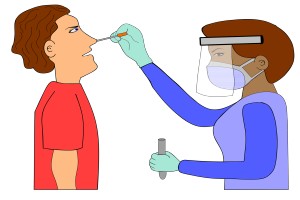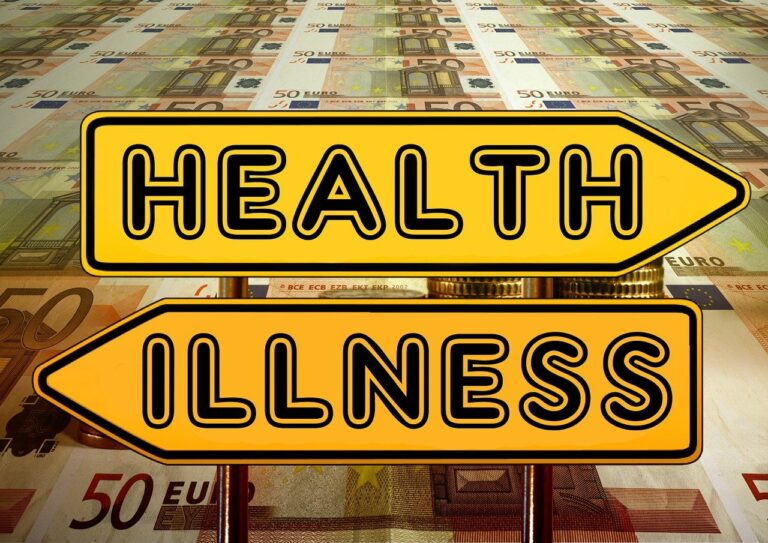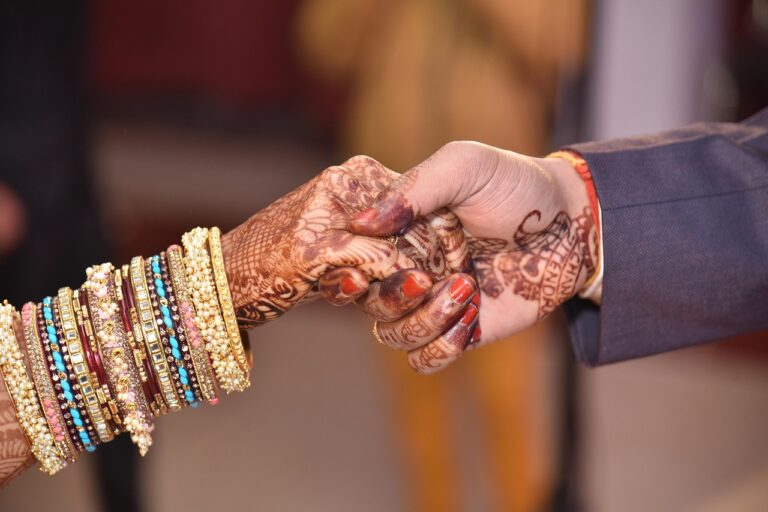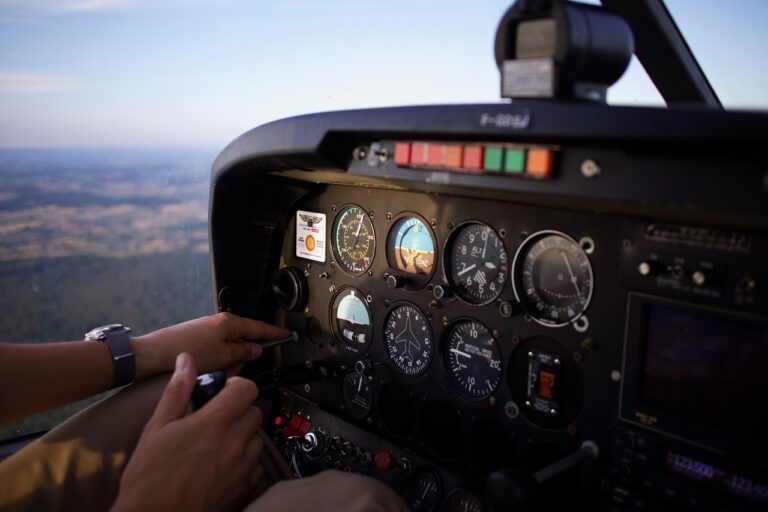
Geneva: The World Health Organization (WHO) and the Medicines Patent Pool (MPP) today announced what is described as the first transparent, global, non-exclusive licence for a COVID-19 technology, and the first test licence signed by MPP and included in the WHO Pool.
The announcement was made after WHO’s COVID-19 Technology Access Pool (C-TAP) and MPP today finalized a licensing agreement with the Spanish National Research Council (CSIC) – the seventh largest public research organization in the world – for a COVID-19 serological antibody technology. The test effectively checks for the presence of anti-SARS-CoV-2 antibodies developed either in response to a COVID-19 infection or to a vaccine.
The aim of the licence is to facilitate the rapid manufacture and commercialization of CSIC’s COVID-19 serological test worldwide. The agreement covers all related patents and the biological material necessary for manufacture of the test. CSIC will provide all know-how to MPP and/or to prospective licensees as well as training. The licence will be royalty-free for low- and middle-income countries and will remain valid until the date the last patent expires.
It may be mentioned that MPP is a United Nations-backed public health organization working to increase access to, and facilitate the development of, life-saving medicines for low- and middle-income countries. Through its innovative business model, MPP partners with civil society, governments, international organizations, industry, patient groups, and other stakeholders to prioritize and license needed medicines and pool intellectual property to encourage generic manufacture and the development of new formulations.
“This licence is a testament to what we can achieve when putting people at the centre of our global and multilateral efforts,” said Carlos Alvarado Quesada, President of Costa Rica, the founding country of C-TAP. “It shows that solidarity and equitable access can be achieved and that it is worthwhile continuing to support the principles of transparency, inclusiveness and non-exclusivity that the C-TAP defends. Costa Rica welcomes the signing of this licence and is convinced, today more than ever, that mechanisms such as C-TAP can help us overcome the current situation, while being beneficial for future health crises. I thank the Spanish Government and CSIC, for taking a step forward in solidarity and prioritizing health as a global public good.”
Dr. Tedros Adhanom Ghebreyesus, WHO Director-General, said that this was the kind of open and transparent licence that was needed to move the needle on access during and after the pandemic. “I urge developers of COVID-19 vaccines, treatments and diagnostics to follow this example and turn the tide on the pandemic and on the devastating global inequity this pandemic has spotlighted,” he said.
Charles Gore, Executive Director of MPP, said that what was clear was that MPP’s model can work across different health technologies. “We are thrilled to be signing our first C-TAP/MPP test licence with CSIC,” Gore said.
Dr. Rosa Menéndez, president of CSIC, emphasized how important it is to seek solutions so that technologies related to the COVID-19 pandemic in particular, and health in general, reach all countries, including those most in need. “In this sense, we would like this action by CSIC, of taking part in the international initiatives of MPP and WHO, to become an example and a reference for other research organizations in the world.”
The technology to date has resulted in four different tests, one of which has the potential to distinguish the immune response of COVID-19 infected individuals from vaccinated individuals. This should aid further research into the level and length of immunity and the efficacy of the tools at our disposal.
The tests are simple to use and suitable for all settings with a basic laboratory infrastructure, such as those found in rural areas in low- and middle-income countries. The reading can theoretically be done manually (with naked eye comparing the colour of the wells against the colour chart), but an ELISA reader is recommended for greater accuracy of results.
Promising performance data in the European population will need to be supplemented by the companies that will produce this technology if they plan to sell the test in low- and middle-income countries.
– global bihari bureau





